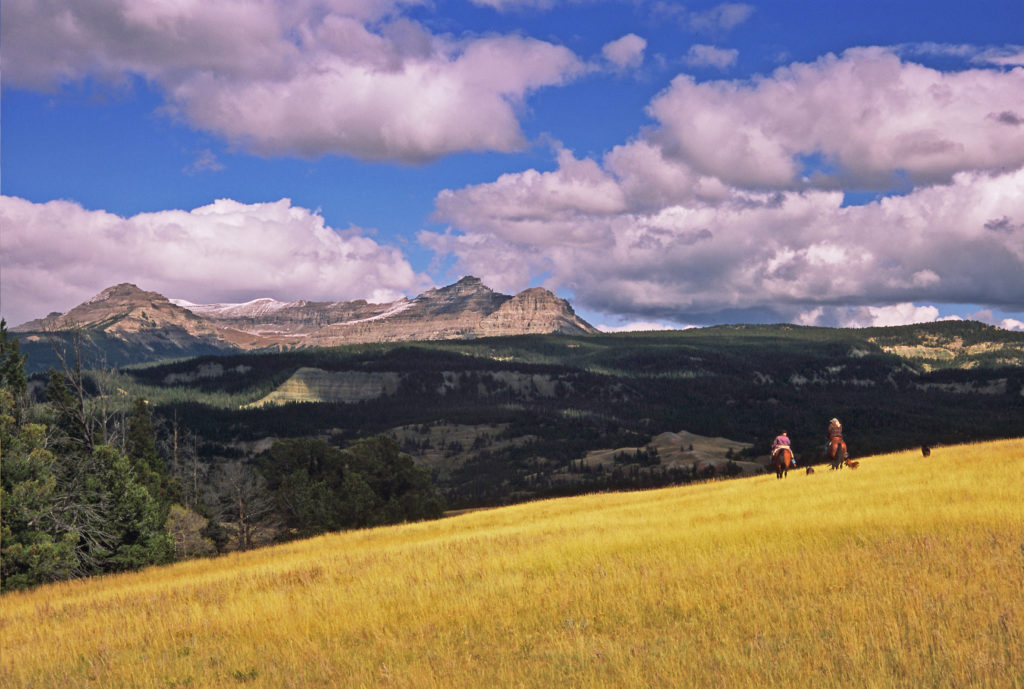
Climate change intertwined with the alarming loss of biodiversity we are tracking today represent some of the gravest challenges we face as a society.
Land trusts — which often work at the intersection of people and nature — are no strangers to these challenges. They know that climate change exacerbates risks to biodiversity and natural systems. And they know these same ecosystems play a key role in both climate adaptation and the fluctuation of greenhouse gases in the Earth’s atmosphere.
Now there’s new scientific affirmations of those points.
The Intergovernmental Science-Policy Platform on Biodiversity and Ecosystem Services and the Intergovernmental Panel on Climate Change released a collaborative report on biodiversity and climate change. This work represents a hopeful step toward recognizing that only by considering climate and biodiversity as parts of the same complex problem will we be able to maximize beneficial outcomes.
In short, the report warns that actions narrowly focused to fight climate change can harm nature and vice versa. But many measures exist that can make significant positive contributions in both areas. Among the most important actions identified in the report are:
- stopping the loss and degradation of carbon- and species-rich ecosystems on land and in the ocean, especially forests, wetlands, peatlands, grasslands and savannahs, along with coastal ecosystems;
- restoring carbon- and species-rich ecosystems, especially since restoration is among the cheapest and quickest nature-based climate mitigation measures to implement;
- increasing sustainable agricultural and forestry practices to improve the land’s capacity to adapt to climate change, enhance biodiversity, increase carbon storage and reduce emissions; and
- eliminating subsidies that support local and national activities harmful to biodiversity.
As a community, land conservationists have an opportunity and an obligation to highlight the interconnections between biodiversity and climate, along with their joint relationship with human activities and well-being. The importance of this work cannot be overstated.
If your organization is ready to use your voice to shine a light on this issue, check out the Land Trust Alliance’s new online climate communications guidance. This resource is designed to help your organization create and refine a climate change communication strategy that is right for you and your community. If you have and questions about it, please don’t hesitate to email me.
Kelly Watkinson is land and climate program manager at the Land Trust Alliance.
Originally published as a part of the Land Trust Alliance’s quarterly Re: Climate blog.
